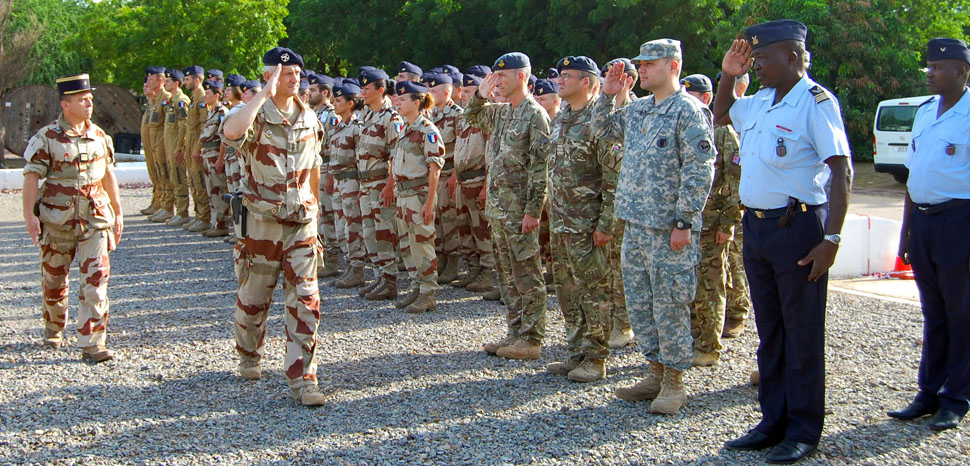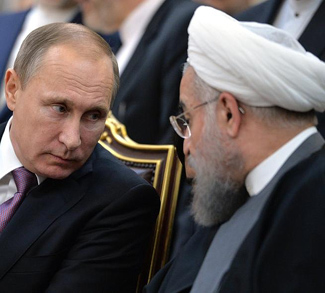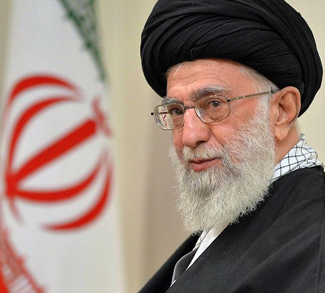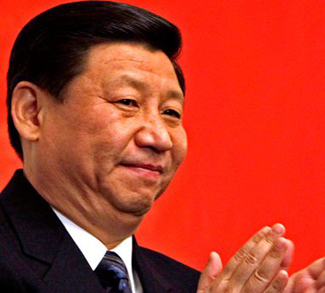Shortly after the successful conclusion of Operation Serval, a French-led intervention effort that ousted Islamic militants from northern Mali, the French government expressed their desire to remain active in counterterrorism operations across the notoriously conflict-ridden Sahel region. Rather than withdraw its 4,000-strong deployment, the French instead unveiled an ambitious mandate with a successor operation, known as Barkhane. The stated aim of Operation Barkhane includes obstructing the Sahel from becoming a terrorist safe haven, while developing the military capacity and self-sufficiency of the G5 Sahel, a security alliance that includes Burkina Faso, Chad, Mali, Mauritania, and Niger.
Although initial momentum may have sided with the French and its coalition partners, efforts to replicate the group’s earlier success in Mali have faltered. Observers note that the G5 alliance is comprised largely of underdeveloped and underequipped militaries, which in turn shifts much of the workload on French forces. Efforts by French President Emmanuel Macron to lobby European allies to contribute to Barkhane have yet to significantly alleviate this burden.




